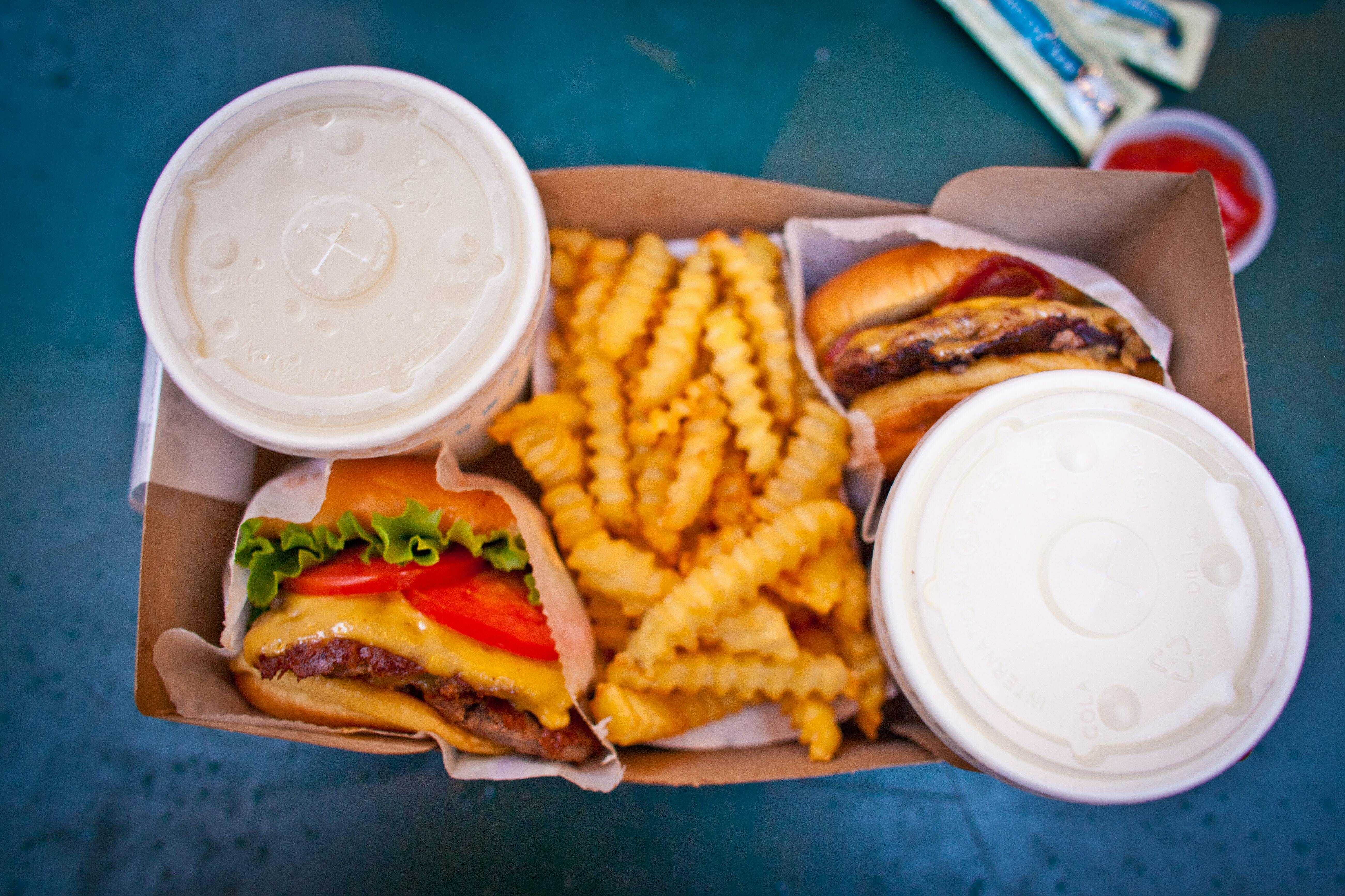
Tuesday 11th July 2023
The damaging effect that ultra-processed foods have on our brains
When virologist Chris van Rulleken ate highly processed food for a month he experienced rapid weight gain, raging thirst, poor sleep and constipation. But the most shocking of all was the effect on his brain.
Connections between certain parts of his brain had increased, especially the ‘reward pathways’ responsible for addiction. Even if you have read his newspaper article I recommend buying his book, ‘Ultra-Processed People: Why Do We All Eat Stuff That Isn’t Food … and Why Can’t We Stop?’
My mother would have approved of Dr van Rulleken’s book so much she would have probably sent him a batch of her home cooked Welsh bake-stones (drop scones cooked on a hot griddle). There were few ultra-processed foods (UPF) in her time, but what there was she regarded as a work of the devil. We never saw processed cheese in our house. She was a herbalist and nutritionist way ahead of her time. She insisted on a heavily plant-based diet, which made us all feel deprived when our friends were eating doughnuts and chips. She used to do things like chop dandelion leaves into our salads because they were rich in iron, and baked her own wholewheat bread. Her wholewheat bread was heavy and it took about 10 minutes to eat a slice, in contrast to today’s light-weight wholemeal bread that is a product of the Chorleywood Process. It began in the 1960s, and produces bread without yeast fermentation, removes the fibre from the wheat and adds chemical oxidising agents, emulsifiers, extra yeast and lots of water to adjust the consistency. Our staple food has become an ultra-processed food with only 5% of bread in the UK from artisan bakers being the real thing. Even our soda bread is soda-faux, as anyone who’s eaten the real thing in New Orleans or homemade in Ireland will tell you.
What characterises ultra-processed foods is that they are so altered that it can be hard to recognise the underlying ingredients. An entire industry exists now to sell us more and more UPF’s, often branded as healthy food options. Nutri-Grain bars by Kellogg’s are marketed as part of a ‘varied and balanced diet and a healthy lifestyle.’ Yet the list of ingredients show they contain glucose syrup, glycerol, invert sugar syrup, palm oil, dextrose, fructose, methylcellulose (a similar molecule to carboxymethylcellulose which made rodent guts bleed in microbiome studies) and soy lecithin. ‘There’s also some apple purée, fruit concentrate and flour. Were they healthy, Dr van Rullekin asked Eddie who’d worked at Kellogg’s as a young sales rep when they were bringing the new snack to market. ‘We were told that the bars were healthier compared to other breakfast choices at a convenience store, like a Mars bar for example,’ Eddie answered, ‘that’s what we told the people at the supermarkets to persuade them to buy. What I believed was irrelevant’.
The book takes a dive into the food industry, finding it a vast and complicated ecosystem, with hundreds of thousands of food producers of all sizes. It’s also multi-layered. One of the layers is the ‘universe of value-added ingredient companies, who make additives for texturing, flavourings and so on. They are producing many of the additive substances that go into UPF that enable on-pack claims such as ‘low-calorie’, ‘low fat’ or ‘low sugar’ and help them to last longer, taste better and be easier to meet.
Although there is an urgent need to rein in UPF’s because of the harms they do, everyone at every level of the food industry that he spoke with agreed: regulation must come from outside. A huge obstacle is that much of each company is owned by a very few large investor funds (shareholders) like BlackRock, Vanguard or Fidelity. We read about Emanuel Faber, former CEO of Danone. He was a poster CEO for environmental social and governance objectives. He was praised by former Bank of England governor Mark Carney during his BBC Reith lecture about companies creating non-monetary value. Faber was the first CEO to ‘legally dump’ the primacy of shareholders in place of other objectives around protecting the environment, their employees and suppliers. But a public campaign was launched by Bluebell Capital and Faber lost his job in March 2021.
Researchers at the Ohio State University Institute for behavioural medicine research found that four weeks on a diet of highly processed food led to a strong inflammatory response in the brains of ageing rats that was accompanied by behavioural signs of memory loss. And a study published online by JAMA Neurology (Dec. 5, 2022) found a link between eating lots of ultra-processed foods and cognitive decline.
The healthy foods that are best for our cardiovascular system and help to avoid dementia are listed by the British Heart Foundation in its Heart Magazine . It’s interesting that the Mediterranean diet and the DASH diet recommend consuming plenty of fruit, but the MIND diet recommends berries specifically. That’s because fruit in general hasn’t been linked to benefits to cognitive function, but berries have. We are currently in the berry-fruit season with strawberries and blackberries and blueberries and more … so now is the time to indulge!
More from Pilgrims' Friend Society

A teaspoon of mustard makes the cholesterol and blood sugar levels go down >
Diabetes UK has warned that 13.6 million people are at increased risk of type 2 diabetes in the UK. Now a new study by Dr Ruth Fairchild of Cardiff Metropolitan University found that in pre-diabetic patients, a heaped teaspoon of wholegrain mustard ingested each evening before bed can help reduce blood glucose and/or cholesterol levels.

Hidden in plain sight – the best protection against dementia >
Has the best protection against dementia been sitting right under our noses?

Dementia Information Pack >
A series of leaflets on different aspects of dementia, including diagnosis, caring, managing challenging behaviour, caring for the caregiver, and much more....


































